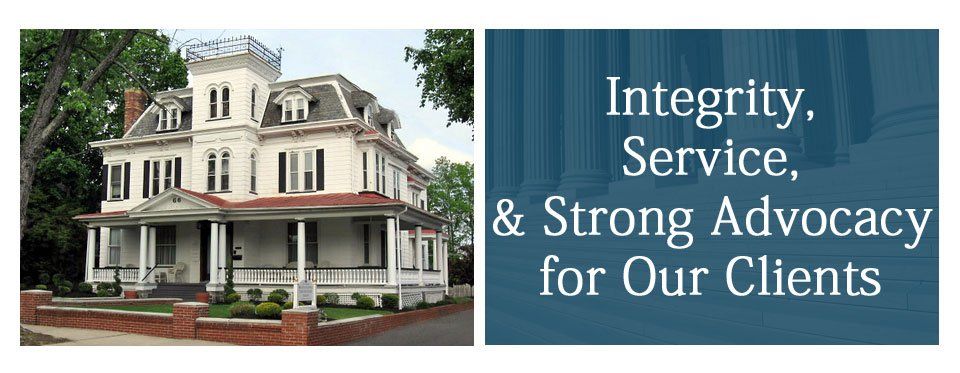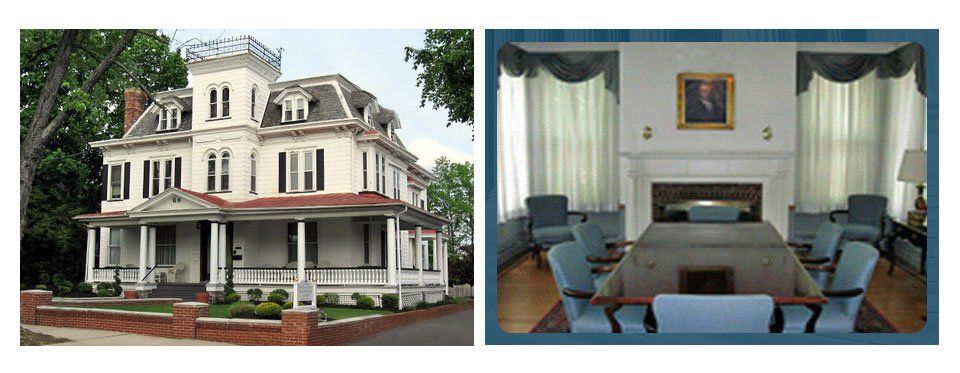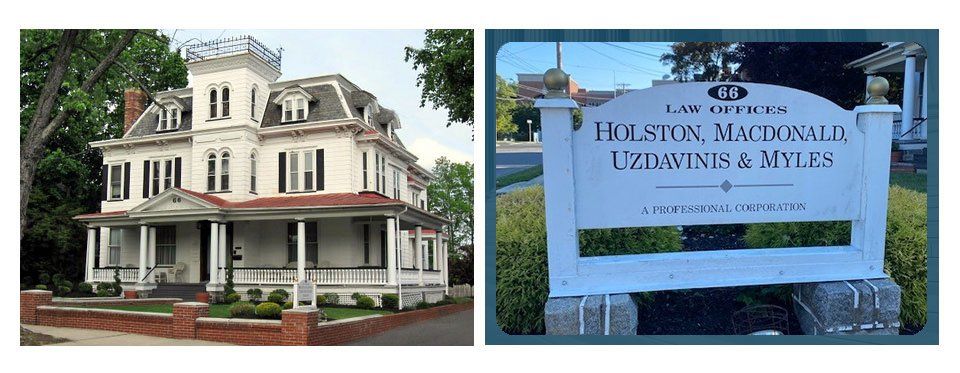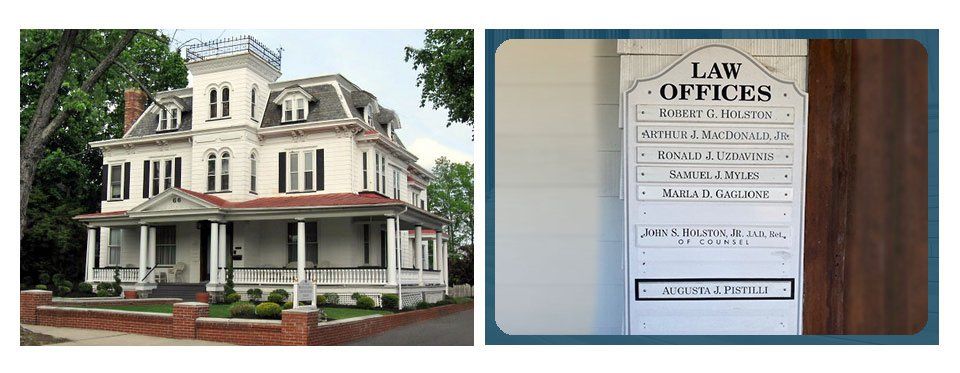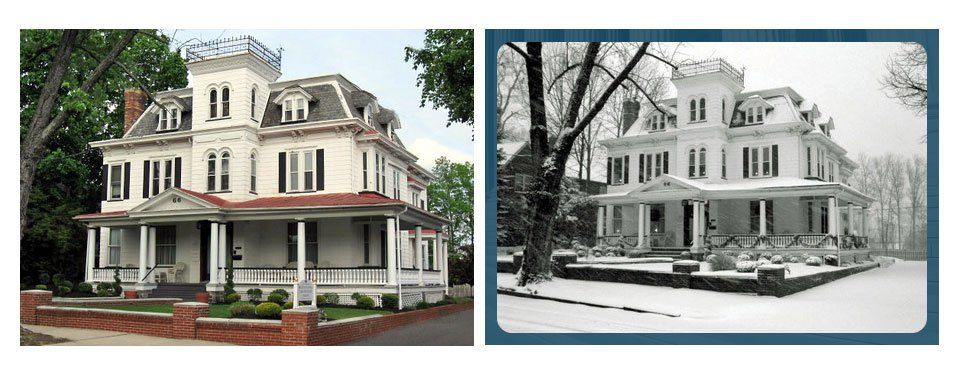Matters to Consider When Contemplating an Appeal to the Appellate Division from an Interlocutory Order
John S. Holston, Jr JAD (Retired)
Before one can appeal to the Appellate Division from an interlocutory order, leave to appeal must be granted. R. 2:2-4. If an appellant files a notice of appeal from an interlocutory order without leave, the appellate court usually dismisses. However, the court need not dismiss an appeal from an interlocutory order erroneously filed as of right. It can grant leave to appeal nunc pro tunc in its discretion. Ibid.; Kerr v Kerr, 129 NJ Super 291, 293 (App Div 1974). Nonetheless, leave to appeal will not be readily granted, particularly where the appellant files a notice of appeal before
seeking leave. Frantzer v Howard, 132 NJ Super 226, 227 (App Div 1975).
Applications for leave to appeal are made by Motion for Leave to Appeal in accordance with Rule 2:8 -1. An original and 3 copies of the motion along with a brief conforming to the requirements of Rule 2:6-2 (a) with appendix attached in accordance with the requirements of Rule 2:6-10 must be filed with the Clerk of the Appellate Division within 20 days after service of the order being appealed. (Remember that there must be an Appealable judgment or order before the Appellate Davison has jurisdiction to consider the motion. Therefore, the party seeking to appeal must apply to the trial court for an order memorializing the ruling being appealed). Cross-Appeals from an Order as to which leave to appeal has been granted must be filed within 10 days after services of the Order of the Appellate Division allowing the appeal. Remember also that an application for leave to appeals does not stay automatically either the order being appealed from or continuation of the trial proceeding. However, the trial court can grant a stay and the trial court’s refusal to stay can be reversed.
The motion also must be filed on the trial judge or administrative officer who entered the order being appealed. The judge or administrative officer has 5 days, if no verbatim record was made, to file a written statement of reasons for the ruling embodied in the order and may amplify any previously made statement of reasons.
Rule 2:2-4 sets forth the standard of review for granting leave to appeal. The motions are decided by 2 judge panels. Rule 2:8-1. Rule 2:2-4 provides that the Appellate Division may grant leave to appeal from interlocutory orders “in the interest of justice.” The power to grant is “highly discretionary” and is exercised only “sparingly.” Interlocutory appeals from evidentiary rulings or discovery orders are almost never granted. The reason is that piecemeal review runs counter to the judicial philosophy that favors an uninterrupted proceeding at the trial level with a single and complete review of a final judgment or order (except where there is a double jeopardy consequence in a criminal action). To have a final order appealable as of right the order or judgment must generally be final as to all issues and to all parties.
The denial of a motion for leave to appeal does not prejudice the right to review the issue when there is appeal from a final judgment. Also, if an appeal is granted, it is limited to the order before the appellate panel and not other orders entered in the action. Additionally, in deciding whether to seek leave to appeal, review Rule 2:2-3 (a) (3) which specifies certain types of matters which will be treated as final judgments for appeal purposes and will be considered as appeals as of right.
The bottom line is that because interlocutory adjudications are appealable only on leave granted pursuant to Rule 2:5-6, consideration should be given to the following factors before deciding whether to seek leave to appeal from an interlocutory order.
An interlocutory appeal is not appropriate to correct minor injustices. When leave is granted there must be the possibility of some grave damage or injustice resulting from the trial court's order. Examples would be where a trial court grants, continues, modifies or dissolves an injunction, appoints a receiver, refuses an order to wind up an existing receivership, or refuses a protective order involving trade secrets or businesses customer lists. See Romano v Maglio 41 NJ Super 561, 567-68 (App Div 1956).
An interlocutory order may also be granted where the appeal, if sustained, will terminate the litigation and thus very substantially conserve the time and expense of litigation and the courts. Examples are where the appeal will resolve a fundamental procedural issue such as jurisdiction of
the court, federal preemption, lack of in personam jurisdiction or an order that effectively dismisses a party’s claim or defense.
The caveat is that the moving party must establish at a minimum that the appeal has “merit” and “justice” calls for interference by an appellate court. See Brundge v Estate of Carambro, 195 NJ 575, 598-600 (2008).

